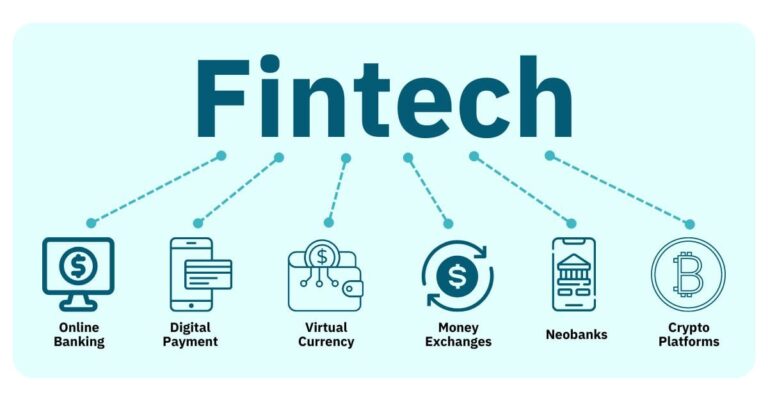Nigeria has become the heartbeat of Africa’s fintech story. The country now hosts more than 430 active fintech firms, and the industry expanded by nearly 70 percent in the past year. Yet, beyond the excitement of rapid growth, the real challenge is how these companies adapt to the financial habits, trust concerns, and day-to-day realities of Nigerians. Sustainable progress in the sector will depend on intentional consumerism—a deliberate focus on designing products that truly serve users.
Building trust in a sceptical market
Decades of fraud, Ponzi schemes, and failed financial promises have made Nigerians cautious. Many still approach digital banking with suspicion, particularly when security and transparency aren’t evident. Without addressing this trust gap, technological advancements alone will not translate into widespread adoption.
Financial inclusion as an opportunity
Almost half of Nigeria’s adult population remains outside the formal banking system. This gap offers fintechs a unique opportunity to design services that are not only digital but also accessible, affordable, and practical for everyday Nigerians. Agency models such as Quickteller Paypoint have already proven that reaching remote and underserved communities is possible when solutions are built around consumer realities.
Case study: Airvend’s consumer-first approach
Airvend exemplifies what it means to build with intentional consumerism in mind. With its 3-in-1 licence from the Central Bank of Nigeria—covering PSSP, PTSP, and Super Agent services—Airvend delivers tools such as virtual accounts, QR-enabled payments, and its Airgate merchant platform. By working with telecoms, banks, and utility providers, the company has woven financial services into the daily routines of Nigerians rather than forcing them to adapt to rigid systems.
Evolving consumer behaviour
The cash shortage of early 2023 triggered a sharp shift in financial habits: mobile banking transactions jumped by 230 percent, while POS usage rose 45 percent. Surveys revealed that more than 85 percent of customers and 81 percent of businesses adjusted how they accessed financial services during this period. These figures prove Nigerians are ready for digital finance—if solutions genuinely address their needs.
Regional comparisons: lessons from peers
Nigeria currently controls about a third of Africa’s fintech market. In 2024 alone, the sector attracted over $2 billion in investments despite currency volatility and regulatory headwinds. Kenya, by comparison, holds 15 percent of the market and secured $638 million that same year, supported by regulatory sandboxes and strong government involvement, particularly in agritech and climate-focused fintech. South Africa, which accounts for around 20 percent of the market, has built a diverse tech landscape and places heavy emphasis on consumer research to guide adoption.
Technology, demographics, and the next frontier
With a median age of 18, over 150 million mobile connections, and more than 100 million internet users, Nigeria’s population is both young and digital-first. This demographic expects not just functionality but secure, seamless, and rewarding financial experiences. Platforms such as PiggyVest and Cowrywise have gained traction by offering returns far above those of traditional banks—proving that consumer-centric innovation is a winning formula.
The way forward
Nigeria’s fintech industry has the scale to redefine financial access across Africa. But achieving this vision depends on one critical factor: keeping the consumer at the centre. When fintechs prioritise trust, affordability, and user needs, they unlock inclusion, expand adoption, and create long-term economic value. Experiences from Kenya and South Africa highlight how consumer-first ecosystems endure even amid regulatory and economic shocks. For Nigeria, this approach is not just an advantage—it is the foundation of national financial transformation.


